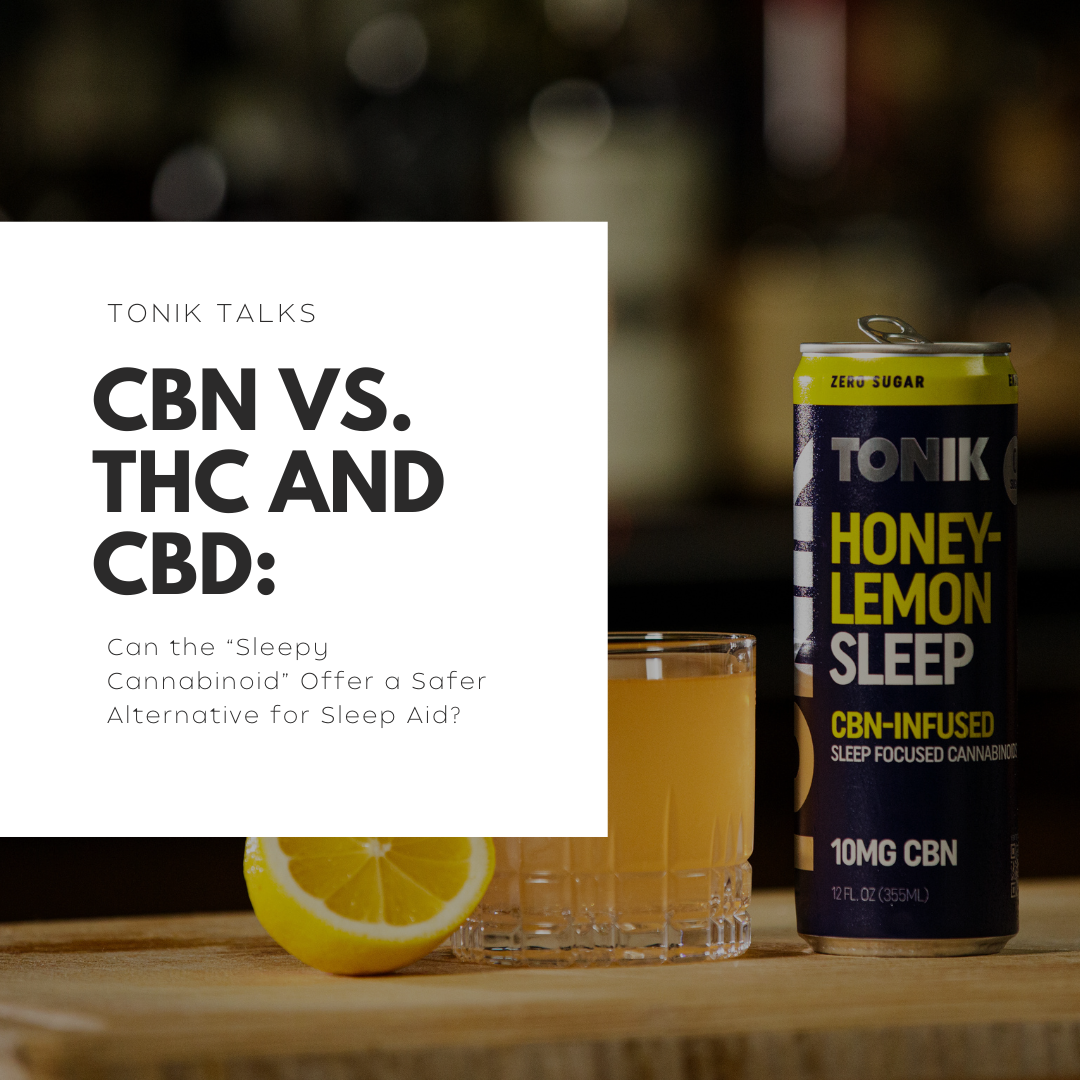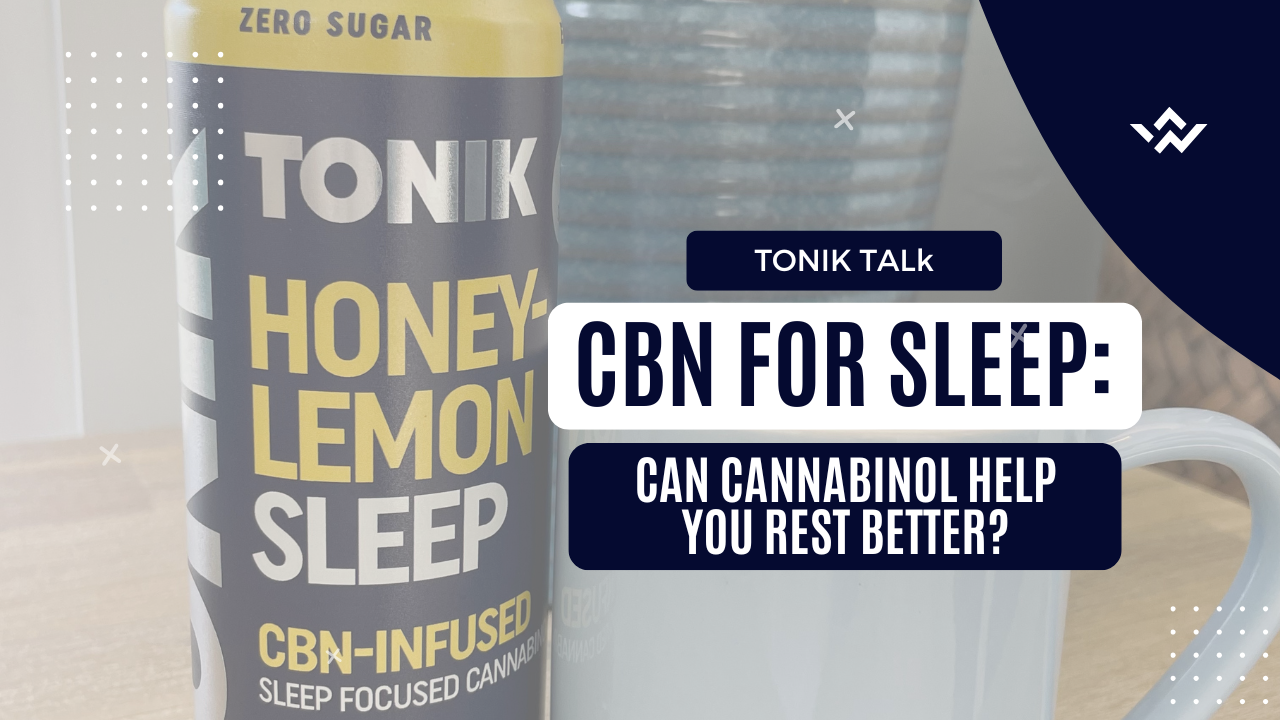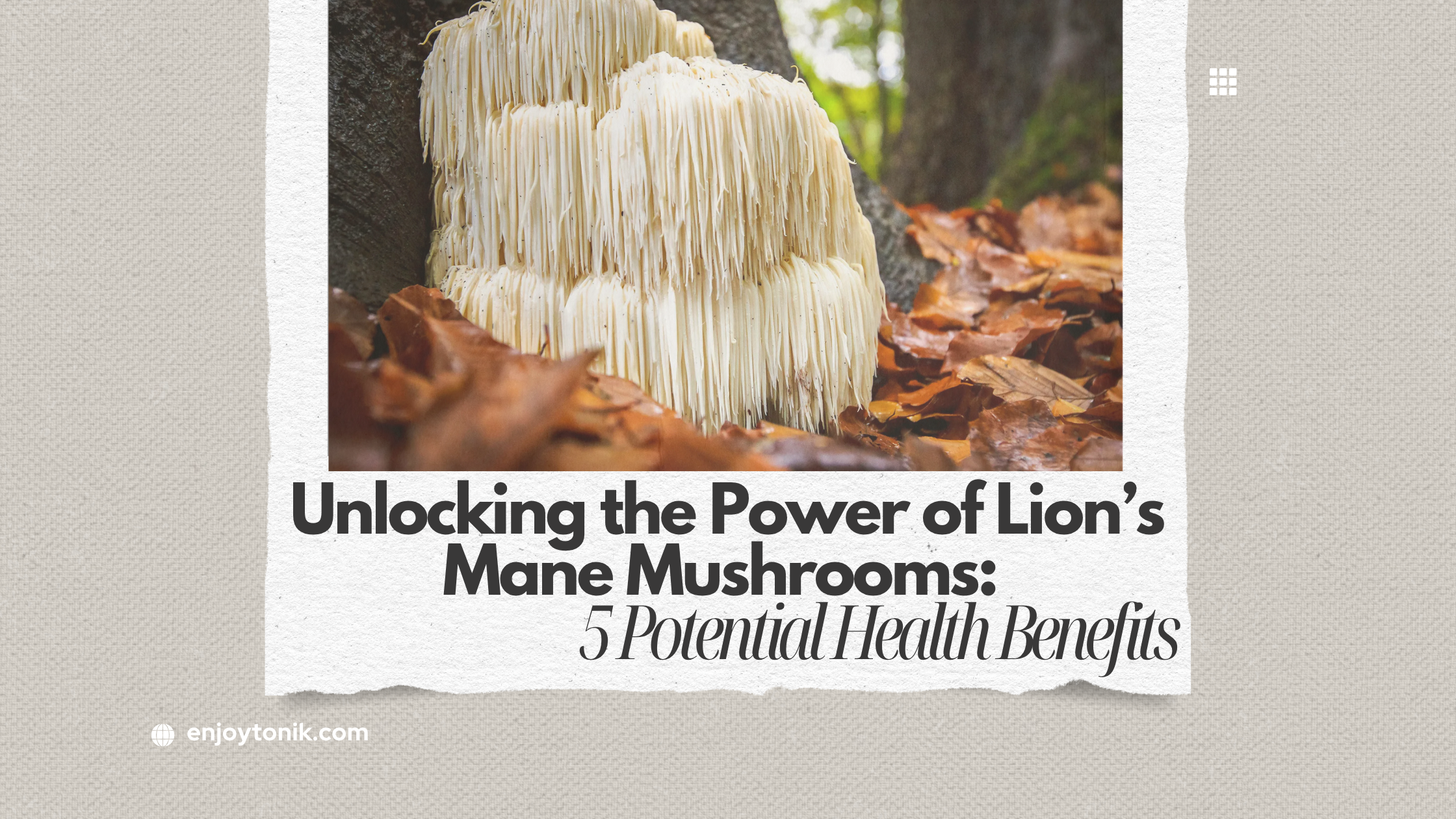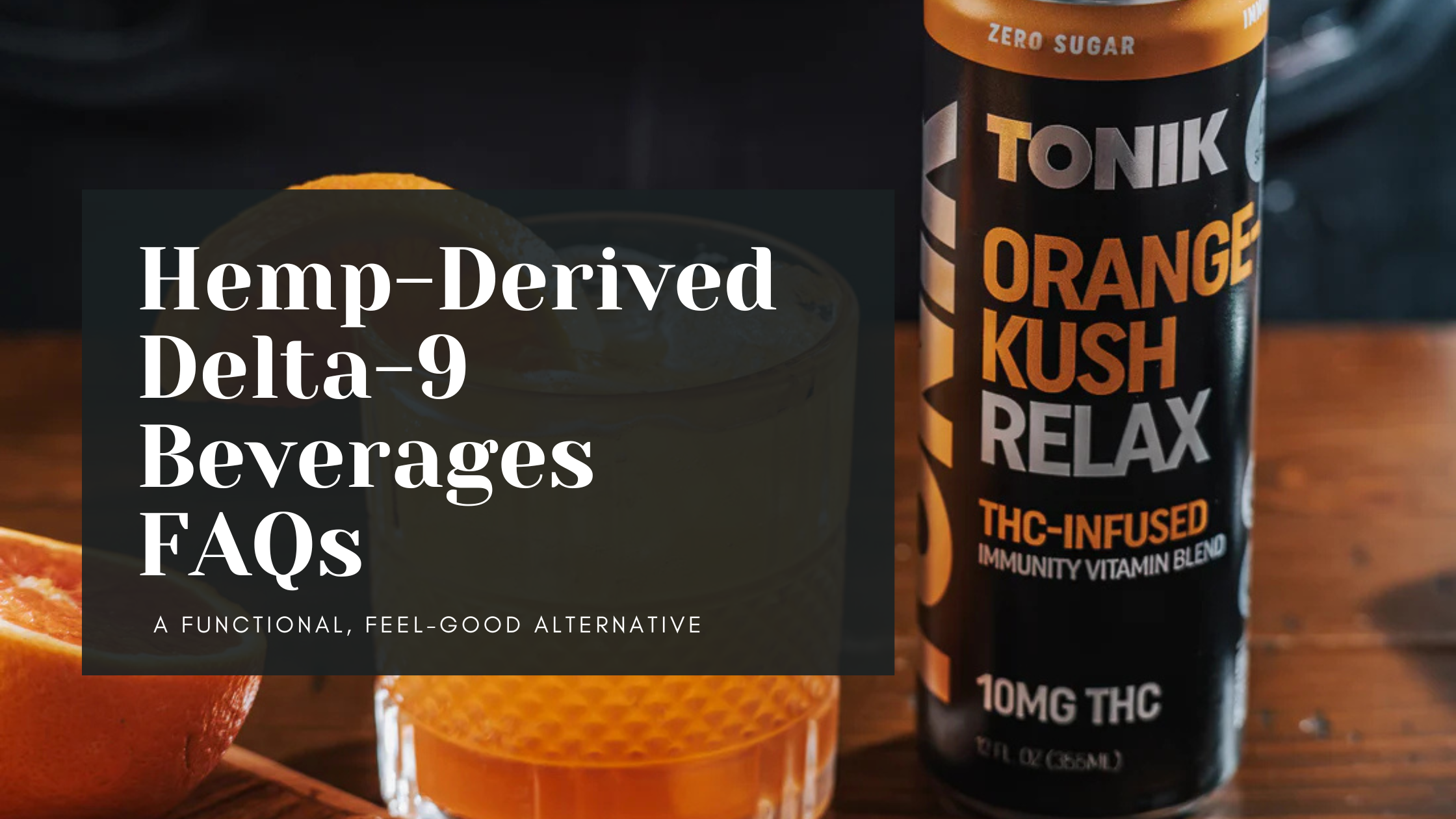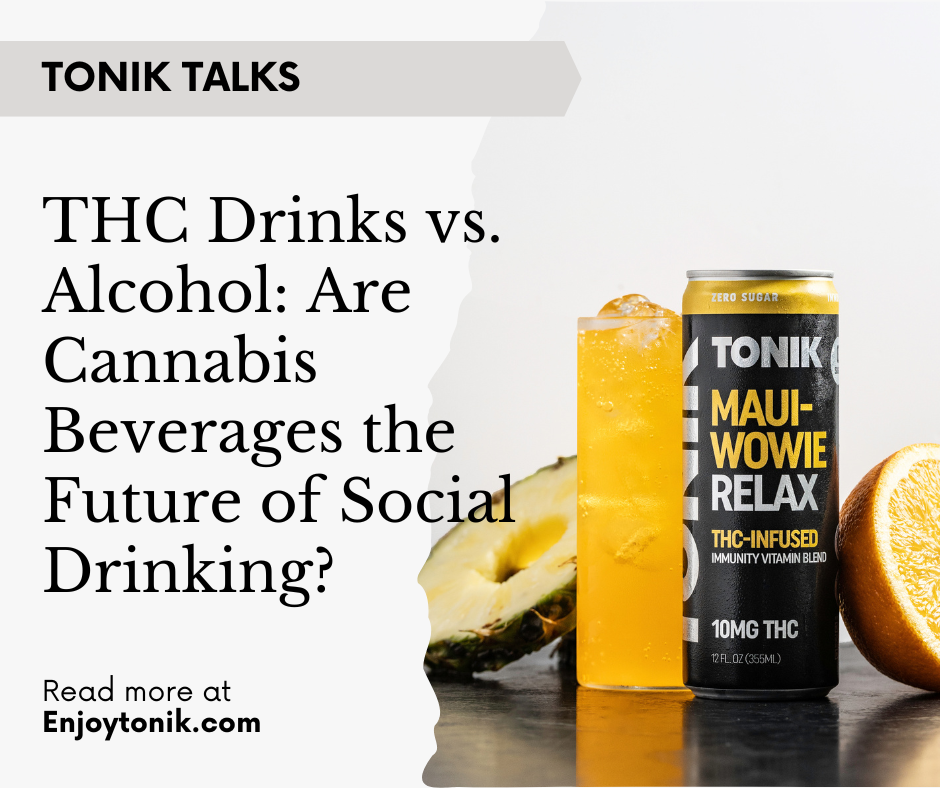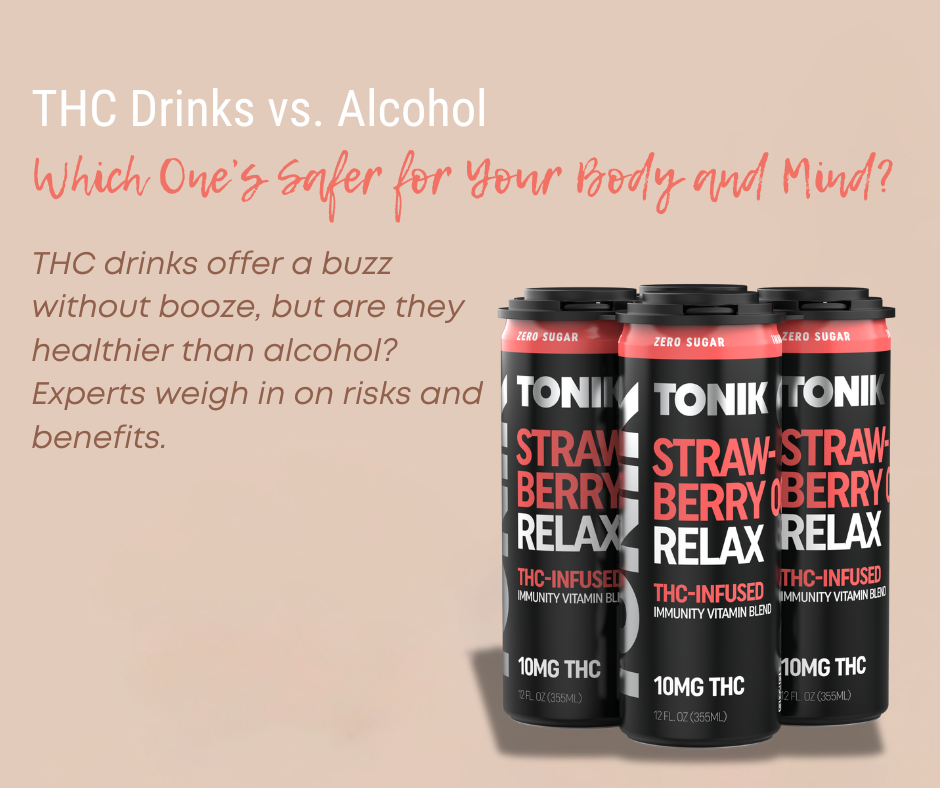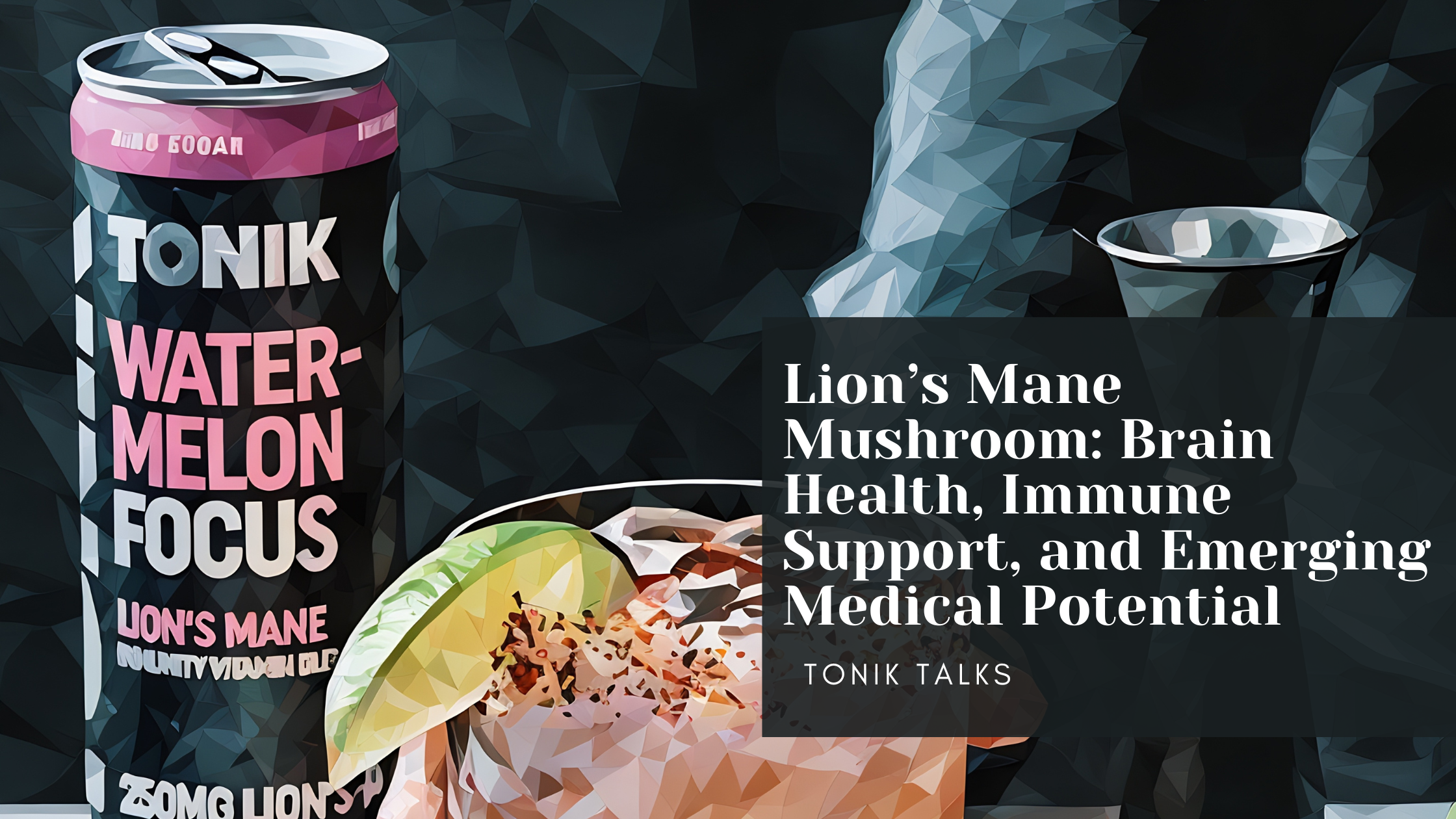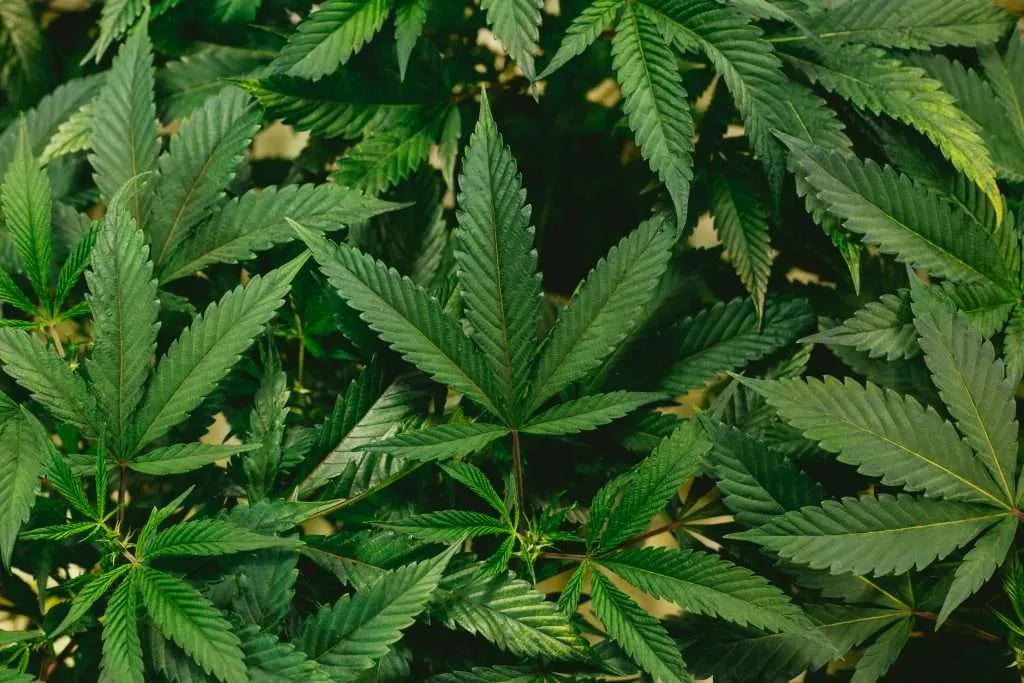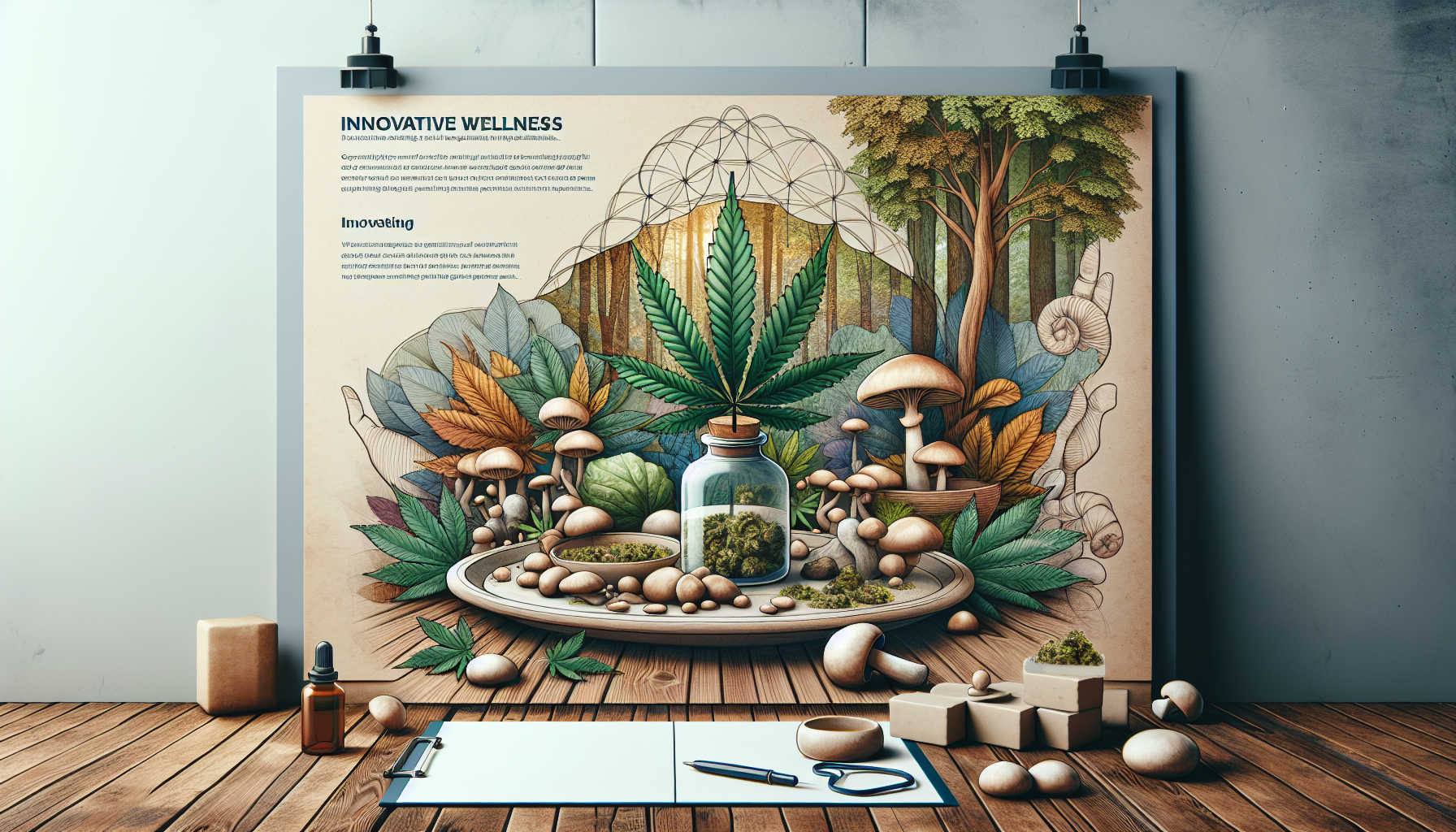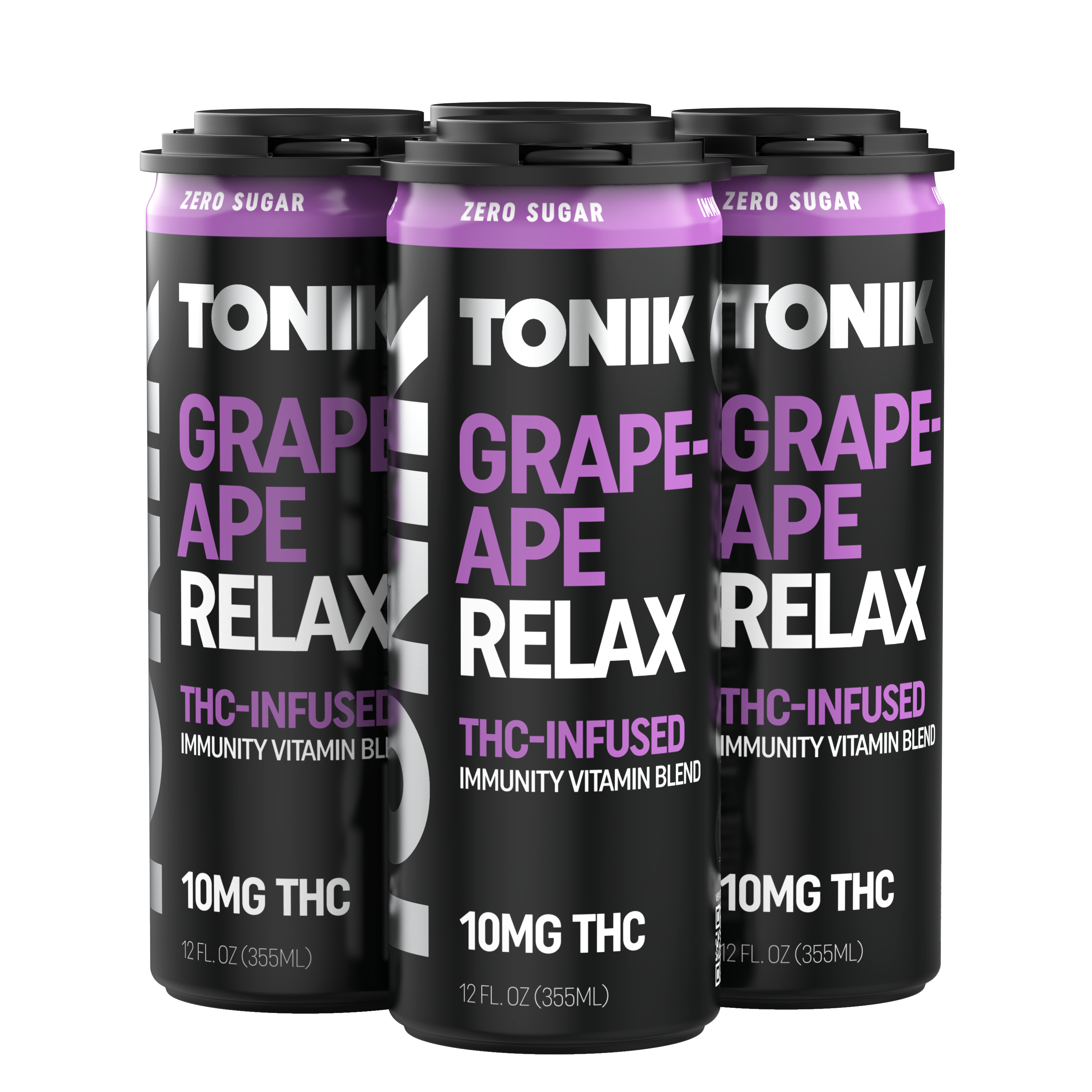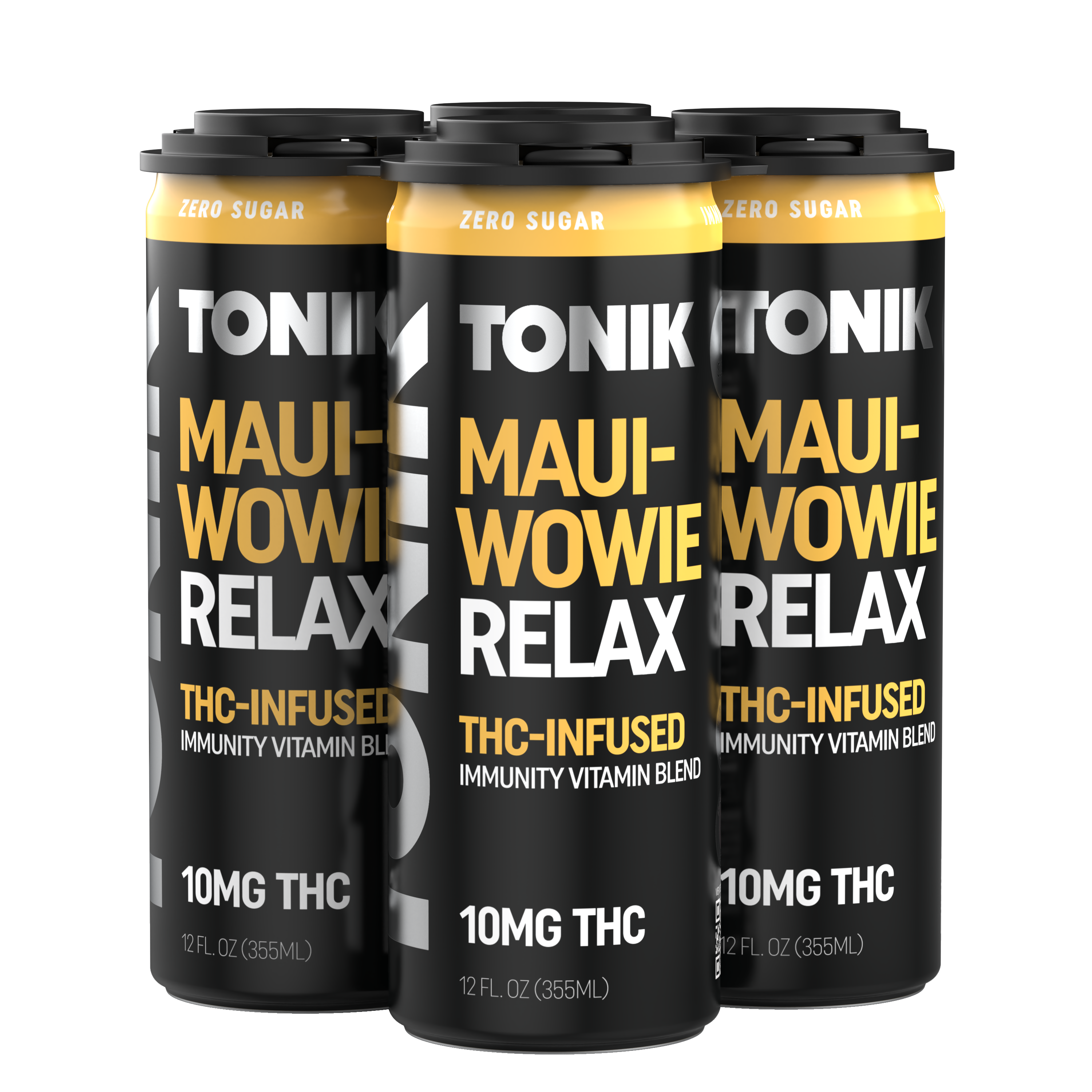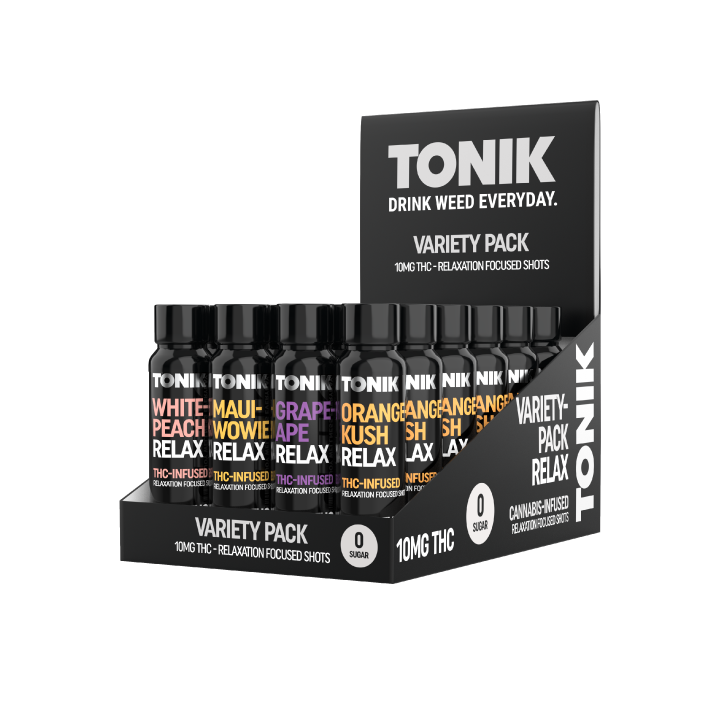As the wellness world embraces cannabis beverages as a functional alternative to alcohol, one cannabinoid is quietly earning a place in your evening routine: CBN, or cannabinol. Sometimes called the “sleepy cannabinoid,” CBN is showing up in tonics, tinctures, and bedtime blends—promising calm without the hangover, and restoration without intoxication.
But what exactly is CBN? How does it differ from THC and CBD? And can it truly support sleep, stress relief, or even pain management? As consumers seek alternatives to alcohol, caffeine, and prescription sleep aids, understanding CBN’s role in the cannabinoid spectrum is more relevant than ever.
1. What Is CBN and How Does It Work?
CBN is a minor cannabinoid, meaning it’s present in small amounts in the cannabis plant. Unlike THC or CBD, CBN isn’t synthesized directly by the plant—it forms when

THC naturally degrades over time, often through exposure to heat, light, or oxygen. This breakdown process is why older cannabis flower or cured products tend to have higher CBN content.
Chemically, CBN shares a structure similar to THC, but with weaker psychoactive properties. Early clinical studies suggest that CBN may produce mild intoxication at very high doses, but for most users, it delivers a more subtle effect. Many describe it as relaxing rather than impairing, offering gentle calm without the euphoria—or anxiety—that can accompany THC.
Although CBN was one of the first cannabinoids ever discovered, it remains one of the least studied. While scientific research on CBD and THC has exploded in recent years, studies on CBN are still catching up. Most of what we know comes from animal studies or anecdotal user reports—but what’s emerging is promising.
2. Potential Benefits: What Does CBN Actually Do?
CBN is most frequently marketed as a natural sleep aid, and many formulations—such as TONIK's CBN-infused beverages—feature it as the star of their nighttime blends. But does the research support that claim?
While rigorous human studies are limited, several findings offer encouraging insight:
-
Sedation & Sleep Support: CBN appears to have mild sedative effects, particularly when used in combination with THC. Some researchers believe this entourage effect—where cannabinoids enhance each other’s actions—may be the key to its sleep benefits.
-
Pain Relief: A few animal studies suggest that CBN may reduce muscle and joint pain, potentially offering an option for people with inflammation or chronic pain without the stronger effects of THC.
-
Appetite Stimulation: In rodent models, CBN has been shown to increase appetite—a benefit for patients with conditions like cancer, chronic illness, or age-related anorexia.
-
Neuroprotective Potential: Early lab research suggests that CBN may have antioxidant and anti-inflammatory properties, which could play a role in protecting nerve cells and promoting long-term brain health.
It’s important to note, however, that most of these benefits haven’t been confirmed in large-scale human trials. The evidence is still emerging, and individual responses to CBN can vary widely.
3. CBN vs. THC and CBD: A New Kind of Functional Intoxication?
When comparing CBN to its cannabinoid cousins, it’s helpful to think in terms of function and intensity.
-
THC (Delta-9) is the primary psychoactive compound in cannabis. It’s responsible for the high, and can lead to altered perception, increased appetite, and sometimes anxiety or paranoia. It’s powerful, but for some, too intense—especially when consumed recreationally or in high doses.
-
CBD (Cannabidiol) is non-intoxicating and well known for its calming, anti-anxiety, and anti-inflammatory effects. It’s widely used in wellness circles, though its effects tend to be more subtle and require consistent use over time.
-
CBN, in contrast, sits somewhere in the middle. It doesn’t cause a high, but it may produce mild relaxation and sedation. It’s less stimulating than CBD and less intoxicating than THC, making it an ideal option for evening use or for consumers looking to wind down without impairment.
As a result, CBN beverages are increasingly being seen as a functional alternative to alcohol, especially in the wellness and sober-curious communities. Pro

ducts like TONIK’s CBN-infused tonics are being positioned not just as “sleep aids,” but as part of a new ritual: a way to decompress after work, replace a nightly glass of wine, or ease into sleep without dependency on melatonin or over-the-counter drugs.
Legal Status:
CBN’s legal status depends on how it’s derived. Hemp-derived CBN (from cannabis plants containing less than 0.3% THC) is generally considered legal in the U.S., thanks to the 2018 Farm Bill. However, state-level regulations may vary, and confusion around cannabinoids is still common in retail settings.
Safety & Consultation:
CBN appears to be well-tolerated, but due to the lack of robust clinical research, it’s important to approach with mindful dosing and professional guidance. If you’re considering using CBN—especially alongside medications or existing health conditions—consult your healthcare provider first.
The Bottom Line: CBN May Be Cannabis’s Most Underestimated Compound
In the evolving landscape of cannabis wellness, CBN offers a compelling bridge between the relaxing potential of CBD and the intensity of THC. While the science is still developing, its role in sleep support, stress reduction, and functional relaxation is capturing the attention of consumers and formulators alike.
As more brands like TONIK develop CBN-based drinks and supplements, the cannabinoid is poised to become a cornerstone of the next generation of alcohol alternatives—giving people more ways to feel good, function well, and rest easy.

